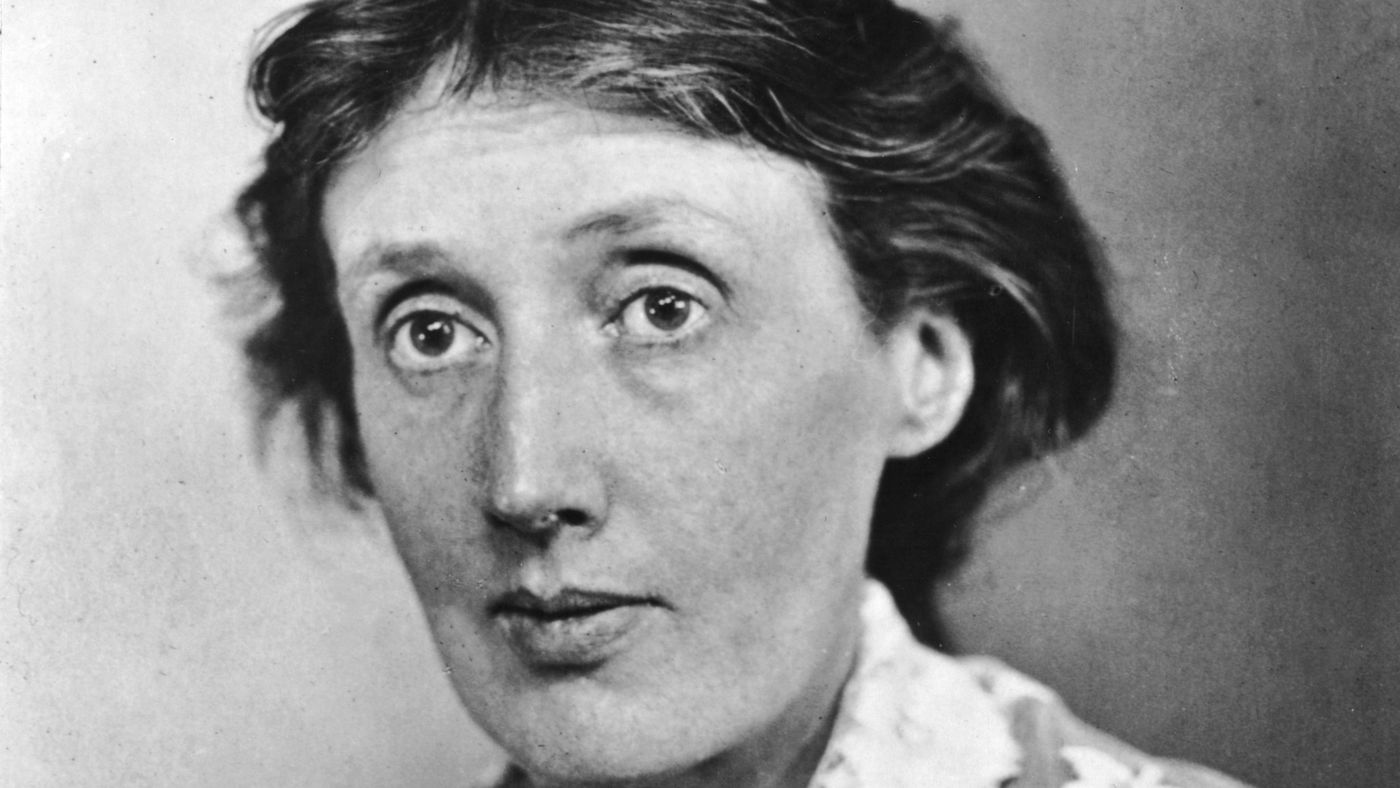American literary critic Kenneth Burke once described literature as “equipment for living.” But at the blog of the New York Review of Books, literary scholar and translator Tim Parks asks if literature truly does offer guidance or instruction in life, to either the readers who read it or the writers who write it. He’s not so sure, since so many writers—such as Ernest Hemingway, Virginia Woolf, and Tolstoy, to name a few—lived desperate or tumultuous lives. Parks suggests that instead of offering wisdom on how to live, literature might provide intelligent and aesthetically rewarding descriptions of life’s inevitable miseries and frustrations. Here’s an excerpt from his piece:
What is on offer, then, is the consolation of intelligent form and seductive style, but enlisted to deliver a content that invariably smacks of defeat, or at best a temporary stay of execution. In this sense, our literature seems locked into a systemic antagonism with the crasser side of Western civilization, the brash confidence that all could be improved, controlled, resolved, if only we were better organized and our science more advanced. Literature determinedly confounds such unwarranted optimism; we must face the grim truth, it says, though always armed with the artist’s ability to make the performance palatable.
“Works of [literary] genius,” Leopardi observed, “have this intrinsic quality, that even when they capture exactly the nothingness of things, or vividly reveal and make us feel life’s inevitable unhappiness, or express the most acute hopelessness… they are always a source of consolation and renewed enthusiasm.”
But what if one were to suggest that literature exacerbates the very condition it then soothes, the way smoking a cigarette, say, increases the nervousness from which it offers a brief reprieve? This would have to be the position of someone who took, for example, a Buddhist approach to Western literature. With rare exceptions, such a person would surely observe, the literature of modern times exalts the self, the idea of self, the existence of self. Predicated on a hubris of individualism, literature shows the self forming in childhood, narrating itself into selfhood, as it were, in one Bildungsroman after another; then it shows the self struggling to maintain its supposed integrity and personhood in adult life. Where a character is conflicted, unable to decide between identities—and that would be the case of so many literary heroes from Hamlet to Stephen Dedalus—this is presented as torment and potential failure.
Image of Virginia Woolf via LA Times.
